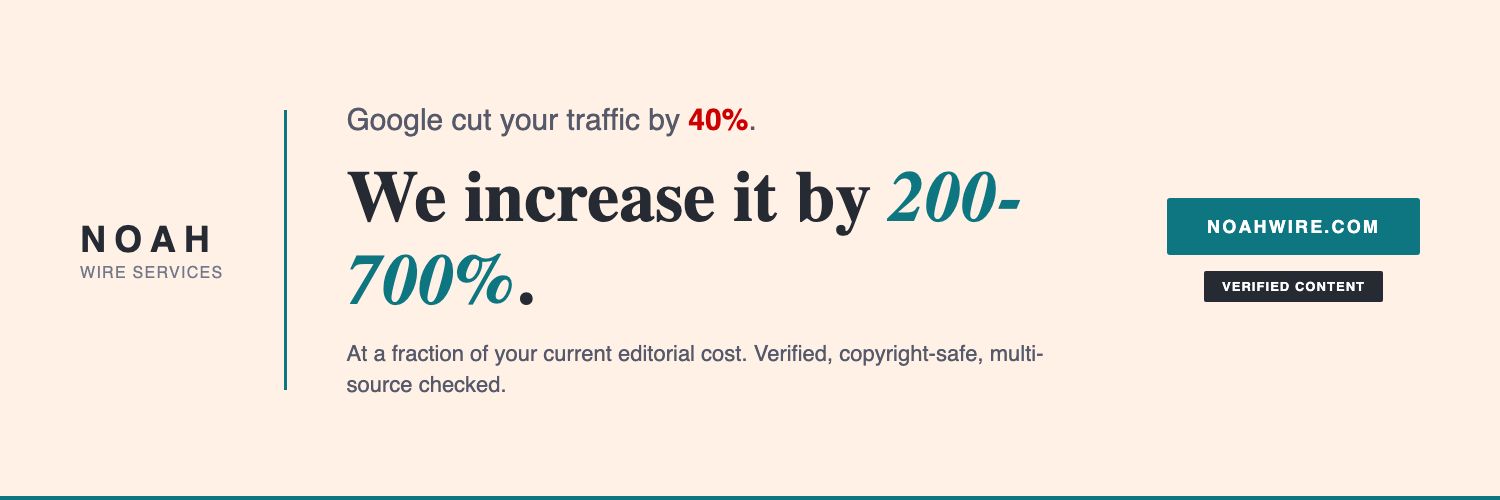As concerns grow over the effects of short-form video content, South Korea witnesses a surge in usage, prompting calls for regulatory action amid increasing smartphone dependency among youth.
In the midst of an escalating global contest among social media giants for dominance in short-form video content, growing apprehensions emerge regarding the adverse effects of such digital engagement. The primary concern revolves around the recommendation algorithms employed by these platforms, which remain a closely guarded secret and are believed by critics to exacerbate smartphone addiction, particularly among younger demographics.
Recent statistics from WiseApp, an app analytics service, illustrate the extent of this phenomenon in South Korea. In September 2023, YouTube users in the country amassed a cumulative 1.8 billion hours on the platform, marking a significant 9.5 percent increase from the previous year. This surge in usage starkly overshadowed that of popular local apps KakaoTalk and Naver, whose combined usage was less than half of YouTube’s tally during the same period.
Instagram, another key player in the short-form video arena with its Reels feature, registered a substantial 42.1 percent spike in user time, totalling 379 million hours of engagement in September. This trend underscores the mounting popularity of short-form content formats like YouTube Shorts and Instagram Reels, which are designed to capture and retain user attention in swift, engaging clips. In a strategic move, YouTube has extended the duration of its Shorts from one to three minutes, aiming to compete more effectively with the original short-form video platform, TikTok.
This shift towards consuming more short-form content is not without its societal implications. The Ministry of Science and ICT in South Korea, through a 2023 survey, highlighted concerning levels of smartphone dependency among adolescents, identifying 40.1 percent of young individuals as at risk of addiction. This is particularly evident in the context of short-form video content; 34.7 percent of children aged 3 to 9 and 36.7 percent of youths aged 10 to 19 reported challenges in moderating their consumption of such content.
Experts attribute this rising addiction to the sophisticated algorithms used by social media platforms. These algorithms meticulously track users’ viewing habits to tailor personalised content, effectively maximising user engagement and rendering it increasingly difficult to disengage. An industry insider revealed that while traditional social media was centred around content shared by friends, today’s short-form platforms deploy hyperpersonalized algorithms that become progressively precise with continued use.
Globally, regulatory responses to this digital addiction dilemma are gathering momentum. The European Union (EU) has taken steps to examine the enigmatic recommendation algorithms of platforms like TikTok and YouTube, signalling a push for transparency. Across the Atlantic, several U.S. states have initiated lawsuits against Meta, alleging that Instagram consciously aims to addict teenage users. Meanwhile, Australia is contemplating legislation to enforce a minimum age prerequisite for social media engagement.
In South Korea, regulatory discussions remain nascent. The current governmental stance favours self-regulation and collaboration with platform operators. Nonetheless, some legislators are advocating for more robust regulatory initiatives. Rep. Cho Jung-hun of the ruling People Power Party has put forth a bill proposing limits on daily social media use for individuals under 16, whereas Rep. Youn Gun-young of the opposition Democratic Party suggests amendments to prohibit children under 14 from joining social networks.
As the discourse on platform accountability intensifies worldwide, South Korea may follow suit, with legislative changes anticipated to reflect a growing prioritisation of public wellbeing in the digital landscape.
Source: Noah Wire Services








